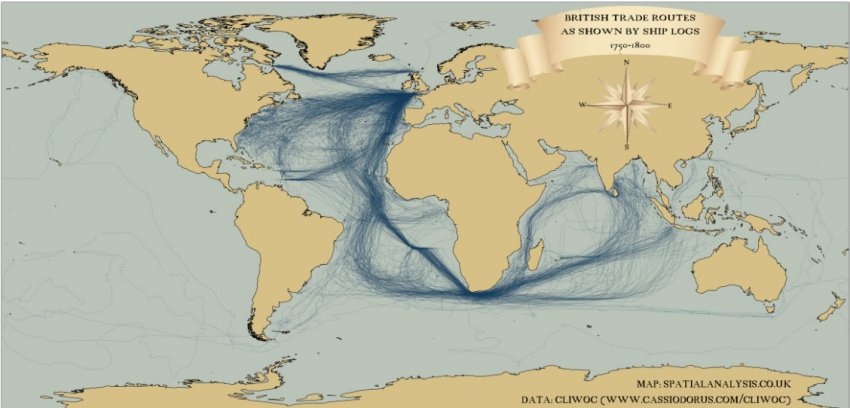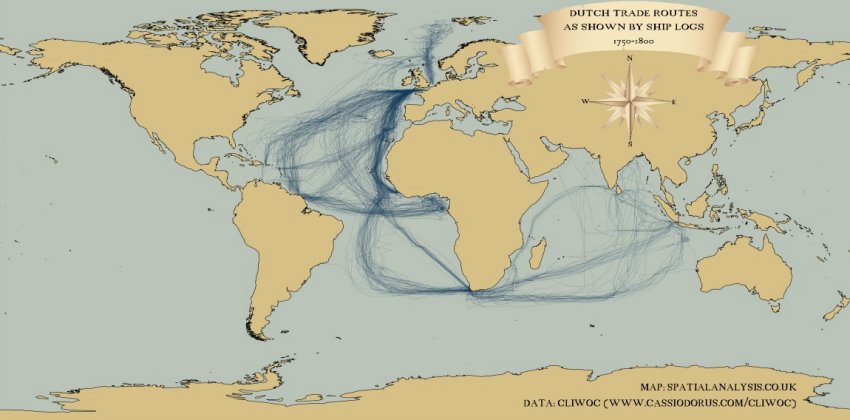Conrad Black examines the differences between the Cold War, when America had a clear mission, and the post-Cold War period, when America could be said to have completely lacked a coherent foreign policy:
Indeed, the overwhelming and relatively bloodless victory in the Cold War, the fruition of the brilliant American strategy of containment, left the United States as the only seriously Great Power in the world, a condition unique in the history of the nation-state, starting in the Middle Ages. As a result, there was, 20 years ago, a good deal of frothy (and, as it turns out, grossly premature) intellectual blather about the end of history and the political culmination of the world in democratic capitalism.
The unipolar era has not been a success for America. The great irony of these 20-something post-Cold War years has been that while the United States was the indispensable country in the triumph of capitalist democracy — its preservation from 1917 to 1941, and its outright victory in the following 50 years — it is not now one of the world’s best, or even better, functioning democracies.
Under the Clinton, Bush Jr., and Obama administrations, there has been no coherent strategy to replace the previous masterly and bipartisan missions to lead the West to victory in the Second World War and in the Cold War. Bill Clinton, on the world stage, as in America, and before that in the diminutive state of Arkansas, exuded bonhomous goodwill, extended free trade to Mexico, and expanded NATO into the former Soviet Union, suavely calling it “a partnership for peace.” He moved in the Balkans, but only when the Europeans, who started by calling the challenge posed by Bosnian massacres “The hour of Europe,” fell on their faces and started crying like frightened little pigs for America to end ethnic cleansing in the former Yugoslavia. And even then, nothing would have happened if the Republican leader in the Senate, Robert Dole, a bravely wounded veteran of the European theatre in the Second World War, had not legislated military orders (lift and strike) normally in the province of the commander-in-chief. There never really was a Clinton foreign policy: His responses to the early terrorist attacks (Khobar Towers, the African embassies, the USS Cole) were very inadequate.
George W. Bush, forced to deal with the monstrous outrage of the Sept. 11, 2001 terrorist attacks on New York and Washington, had a piercing, towel-snapping, locker room vision that since democracies do not engage in aggressive war, ergo, every country that was not already democratic should be propelled by the scruff of the neck and the small of the back toward democratization. Thus did Hamas replace Fatah in Gaza; the Muslim Brotherhood, (whose adherents had proudly murdered Anwar Sadat) is replacing Hosni Mubarak in Egypt; terrorist chaos is replacing Saleh in Yemen; and Hezbollah has more or less taken over from the Syrians in Lebanon. Trillions of dollars have been spent, along with over 6,000 American lives, in Afghanistan and Iraq, and it would be impetuous to forecast comparative stability and enlightenment in the near future of either country.



 Controllers say the eight-tonne spacecraft appears to be in a stable condition, but they are not receiving any data at all from it.
Controllers say the eight-tonne spacecraft appears to be in a stable condition, but they are not receiving any data at all from it.


